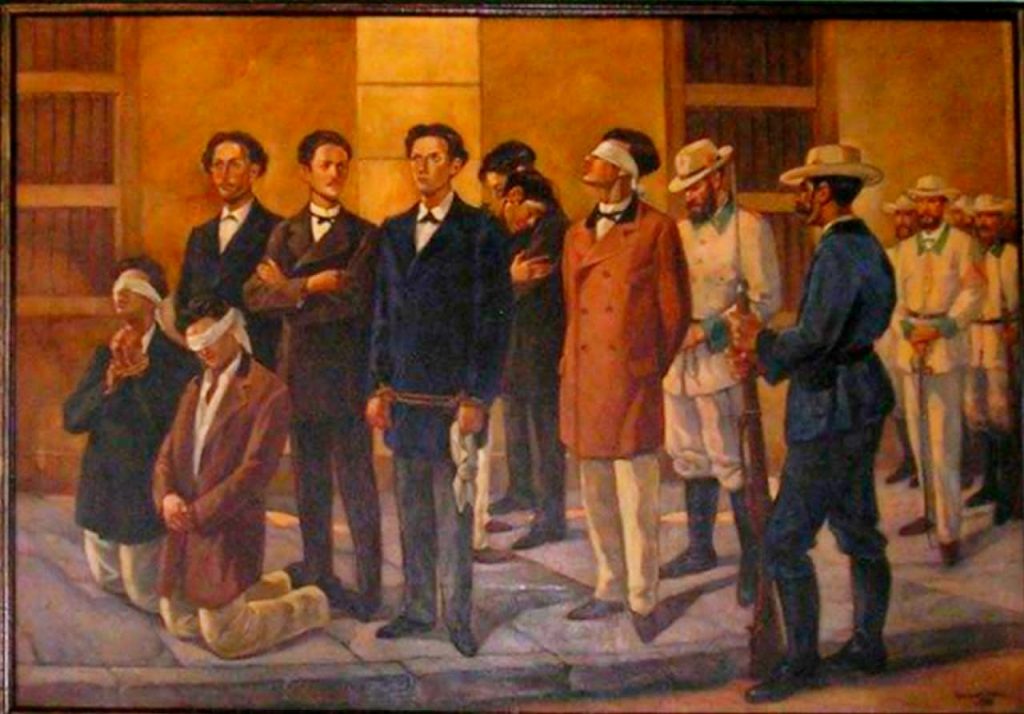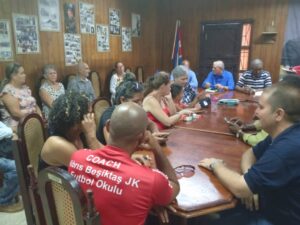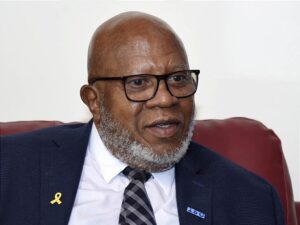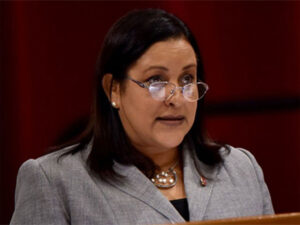The shooting of eight medical students, one of the most atrocious crimes committed by the Spanish colonial regime in Cuba, is remembered in Havana on the occasion of today’s 152nd anniversary of that event.
Even with the passage of time, the horrendous event returns to the nation’s historical memory as another example of the perversity of empires in decline, such as that of Spain in 1871, which received forceful blows from the Cuban Liberation Army.
In this context, the response was to create a climate of terror throughout the island, supported by allegations of alleged acts against his government, one of which led to the imprisonment, hasty trial and ruthless execution of innocent young people.
The events began on November 24, 1871 when a group of students, while awaiting the arrival of their teacher, toured the Espada cemetery in the Cuban colonial capital, some played with the cart that carried corpses and one took a rose from the cemetery.
A report from the guard – mortified by the “damage” to his garden – falsely accused the boys of having desecrated the grave of journalist Gonzalo Castañón, during his lifetime a preacher of the extermination of Cubans and the repopulation of the island with Spaniards.
Historical investigations confirmed not only the falsehood of the accusation and the well-known innocence implicit in the acts of those teenagers, but also the injustices that occurred for the 45 imprisoned.
After a first War Council, which concluded without reasons to blame them, some were released and others received minor sanctions, but Spain’s impotence and thirst for political revenge for the military defeats against the independence troops in the Cuban fields was evident.
Then, the Spanish Volunteer Corps pressed for a second oral hearing with another court that sentenced five of the imprisoned young people and three others chosen at random to the maximum sentence.
Subsequent investigations would show that one of these last unfortunate people was not even in Havana on the day of the events.
The summary execution of the future Cuban doctors aroused rejection inside and outside the island and from the Spanish ranks, captains Nicolás Estévanez and Federico Capdevila, the public defender of the young accused, resigned from their positions.
Spain made a show of «mea culpa» in the face of the scandal caused by its cruelty and removed from their positions – after an investigation – the captain general of Cuba, Blas Villate, his second in command, Romualdo Crespo, and the political governor Dionisio. López, main instigator, promoter and culprit.
As on each anniversary of the event, young medical students in Cuba are expected to carry out acts of tribute to the fallen and also denounce the atrocities that all empires commit today.




